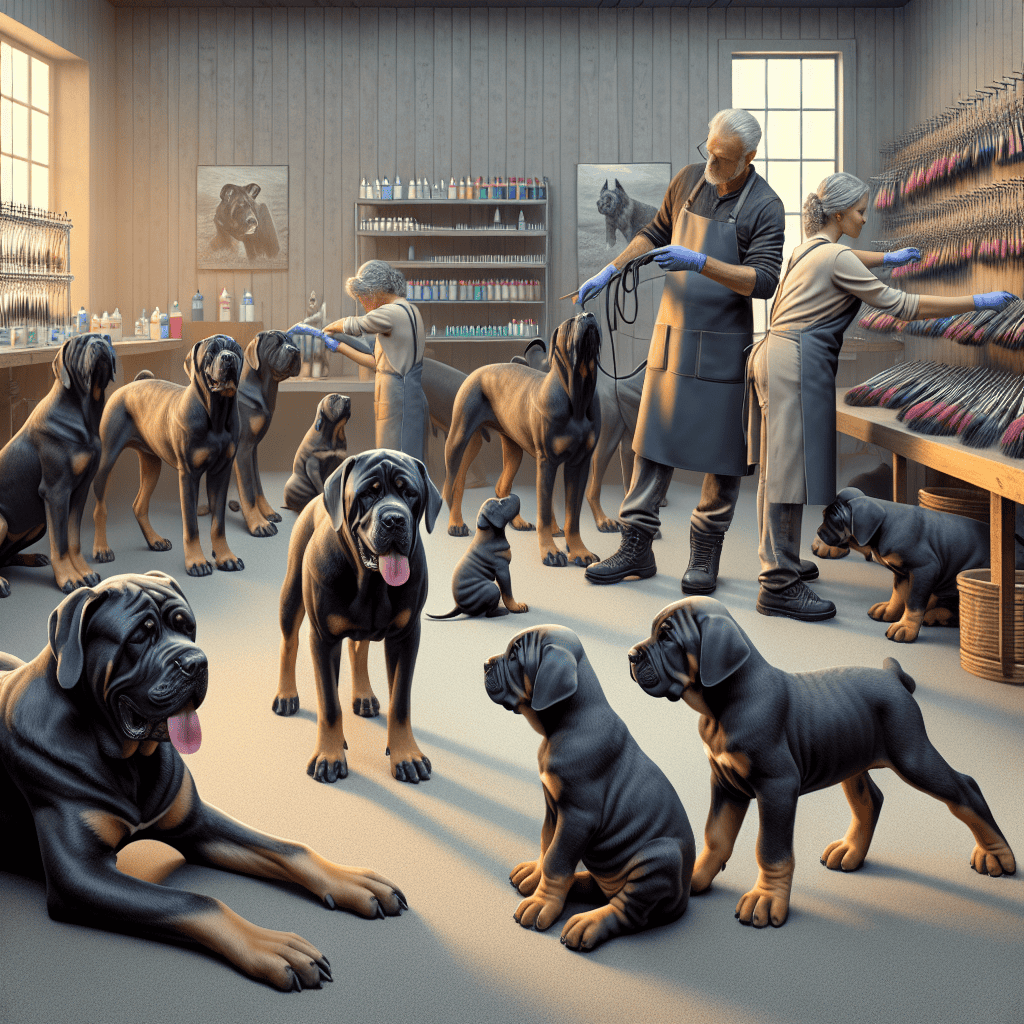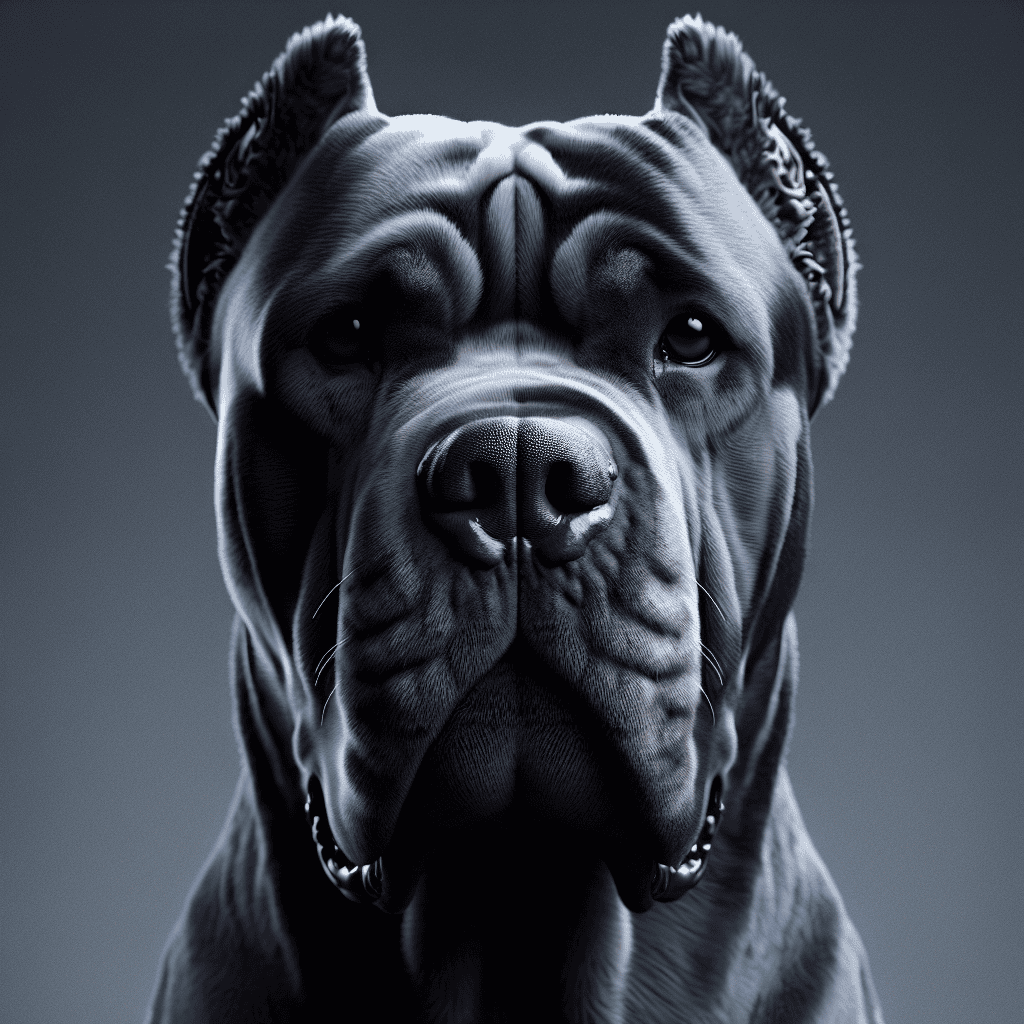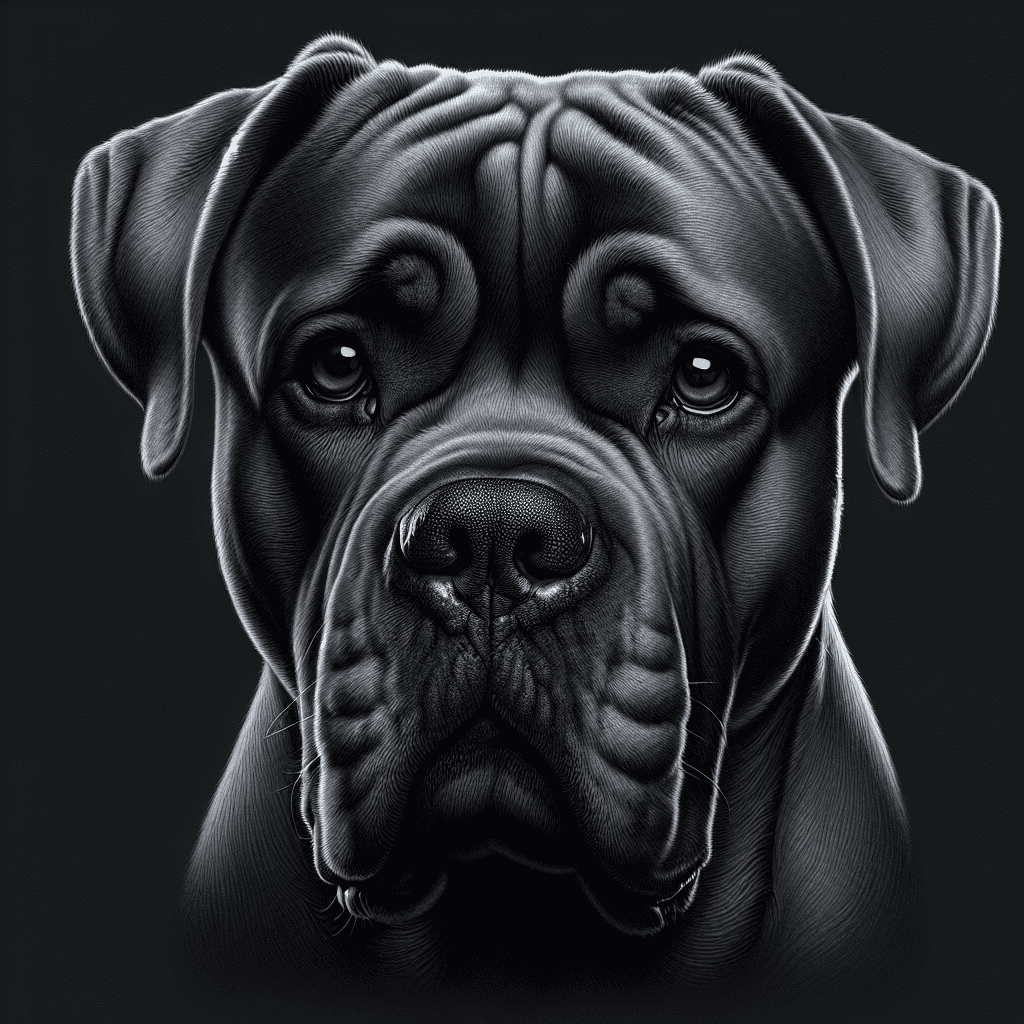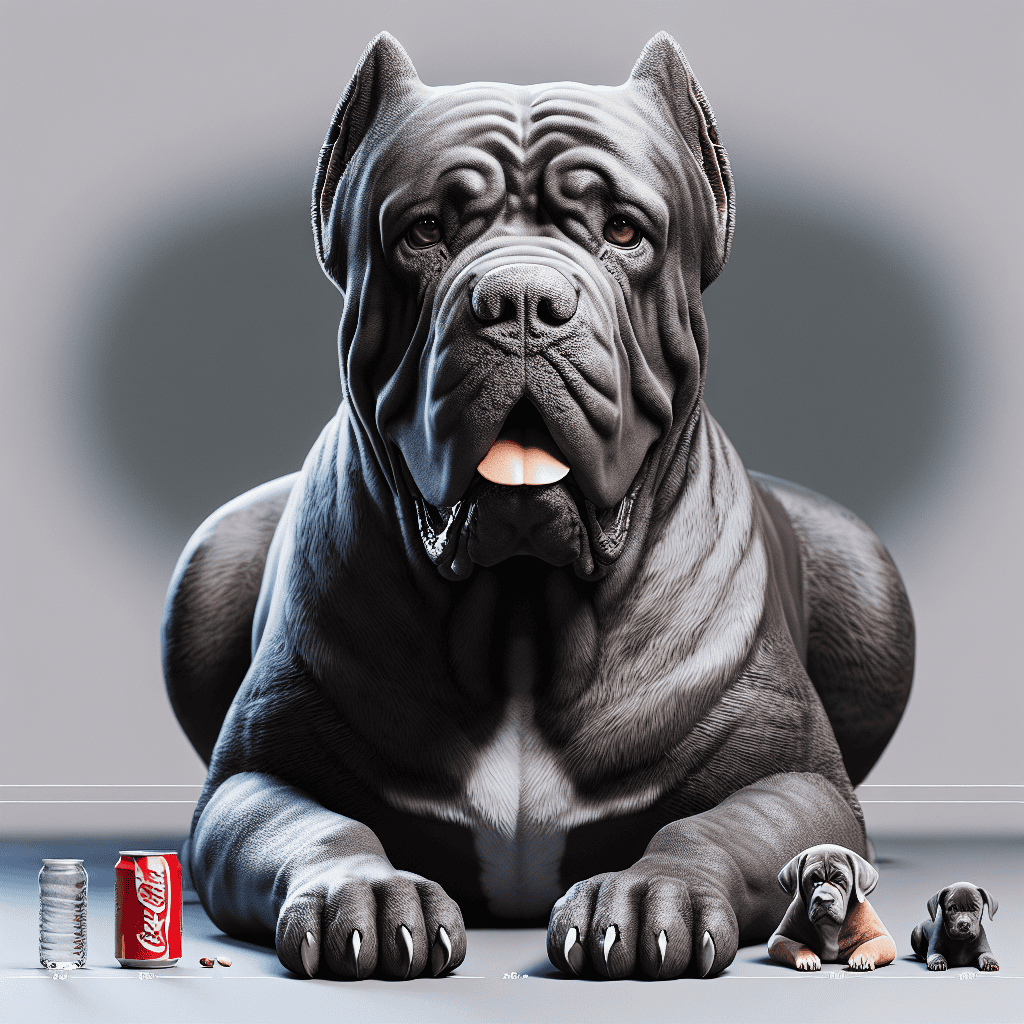Understanding Cavalier Health Concerns
Cavalier King Charles Spaniels are beloved pets known for their adorable and playful nature. However, they are prone to certain health issues, which can be a concern for potential dog owners. It’s important to understand these health concerns before deciding to bring home a Cavalier King Charles Spaniel.
Common Health Issues
Cavaliers have a tendency to develop various health problems, particularly in the areas of heart health, neurological conditions, orthopedic challenges, and eye disorders. These health issues can impact their quality of life and require ongoing care and management.
Genetic Predispositions
Cavalier King Charles Spaniels are predisposed to certain genetic health problems. Studies have estimated that more than 90% of all Cavaliers have a malformation that squeezes their brain through the foramen magnum, leading to a condition called syringomyelia. This disorder causes dogs to yelp in pain, scratch uncontrollably, and experience various symptoms. Unfortunately, there is no cure for syringomyelia (PETA).
Additionally, Cavaliers are prone to other genetic health issues such as mitral valve disease (MVD), heart murmurs, luxating patella (kneecap dislocation), hip dysplasia, and eye disorders. MVD is a common heart condition in Cavaliers, affecting their heart valves and leading to potential heart failure. Heart murmurs, abnormal heart sounds, are often associated with MVD (Dr. Judy Morgan).
Hip dysplasia, a condition where the hip joint doesn’t develop properly, can lead to arthritis and severe pain. Cavaliers also have a higher prevalence of patellar luxation compared to other breeds, which refers to the dislocation of the kneecap (PETA). These orthopedic challenges can significantly impact their mobility and overall well-being.
It’s essential to be aware of these genetic predispositions and the potential health risks associated with them when considering adopting or purchasing a Cavalier King Charles Spaniel. Regular veterinary check-ups and health testing recommendations should be followed to detect and manage any potential health issues. For more information on Cavalier King Charles Spaniel health issues, consult with your veterinarian or breed-specific resources.
Understanding the health concerns specific to Cavalier King Charles Spaniels allows dog owners to take proactive measures to ensure the health and well-being of their beloved pets. It’s important to provide them with the necessary care, attention, and regular veterinary check-ups to identify and manage any potential health issues that may arise.
Heart Health in Cavaliers
Cavalier King Charles Spaniels are prone to various health issues, and heart problems are among the most prevalent. In this section, we will discuss two significant heart-related conditions that commonly affect Cavaliers: mitral valve disease and heart murmurs.
Mitral Valve Disease
Mitral valve disease (MVD) is the most common health condition in Cavalier King Charles Spaniels. It occurs due to a degeneration of the mitral valve, which separates the left atrium and ventricle of the heart. The degeneration causes the valve to become thickened and malformed, leading to improper blood flow and regurgitation of blood into the atrium.
MVD affects nearly all Cavaliers due to the “founder effect” from the breed’s origins, making it a significant concern for owners (WebMD). It can lead to heart murmurs, heart failure, and other cardiac complications. In fact, approximately 42.8% of Cavalier King Charles Spaniel deaths are cardiac-related (WebMD). Sadly, MVD is the most common cause of death in Cavaliers, occurring roughly 20 times more often in this breed compared to others (PETA).
Early detection and proper management are crucial for Cavaliers with MVD. Regular veterinary check-ups and monitoring of heart function through cardiac examinations are essential. Medications and lifestyle adjustments may be recommended to manage symptoms and slow the progression of the disease. It’s important to work closely with a veterinarian experienced in treating heart conditions in Cavaliers.
Heart Murmurs
Heart murmurs are abnormal sounds heard during a cardiac examination. They are often associated with underlying heart conditions, including mitral valve disease. A study conducted in England found that heart murmurs were the most prevalent disorder recorded in Cavaliers attending primary-care veterinary practices, affecting approximately 30.9% of the study group (Canine Genetics and Epidemiology).
Heart murmurs in Cavaliers can vary in severity, and proper evaluation by a veterinarian is necessary to determine their significance. Regular cardiac screenings are important in detecting murmurs early and monitoring their progression. Depending on the severity of the murmur and the presence of any associated cardiac conditions, treatment options may include medications, dietary changes, and lifestyle modifications.
Understanding the potential heart health issues, such as mitral valve disease and heart murmurs, is crucial for Cavalier King Charles Spaniel owners. By staying vigilant, working closely with veterinarians, and following recommended preventive measures, owners can help improve the quality of life and longevity of their beloved Cavaliers.
Neurological Conditions
Cavalier King Charles Spaniels are unfortunately prone to certain neurological conditions that can affect their overall well-being. These conditions require special attention and care from owners. Let’s explore two common neurological conditions seen in Cavaliers: syringomyelia and brachycephalic airway syndrome.
Syringomyelia
Syringomyelia is a neurological disorder that affects the spinal cord. Studies have estimated that more than 90% of all Cavaliers have a malformation that squeezes their brain through the foramen magnum, leading to syringomyelia (PETA). This condition causes dogs to yelp in pain, scratch uncontrollably, and experience various symptoms. Cavaliers with syringomyelia may exhibit neck pain, a reluctance to move, and even behavioral changes.
Unfortunately, syringomyelia is a chronic condition with no known cure. Treatment options focus on managing the symptoms and improving the dog’s quality of life. Medications such as pain relievers and anti-inflammatory drugs may be prescribed to alleviate discomfort. In severe cases, surgery may be considered to alleviate pressure on the spinal cord. Regular veterinary check-ups are essential to monitor the progression of this condition and adjust treatment accordingly.
To learn more about caring for Cavalier King Charles Spaniels, including tips on cavalier king charles spaniel puppies and cavalier king charles spaniel rescue, visit our other articles.
Brachycephalic Airway Syndrome
Brachycephalic airway syndrome is a condition that affects dogs with short, flattened faces, such as Cavaliers. This syndrome encompasses several respiratory issues that can cause breathing difficulties. Cavaliers may experience stenotic nares (narrowed nostrils), elongated soft palates, and an everted laryngeal saccule. These anatomical abnormalities can lead to breathing problems, especially during exercise or in hot weather.
Owners should be vigilant for signs of respiratory distress in their Cavaliers, such as excessive panting, noisy breathing, and difficulty exercising. If left untreated, brachycephalic airway syndrome can negatively impact the dog’s quality of life and potentially lead to more severe respiratory complications.
Treatment options for brachycephalic airway syndrome may include weight management, lifestyle adjustments, and surgical interventions to correct anatomical abnormalities. Your veterinarian can provide guidance on managing this condition and recommend appropriate steps to ensure your Cavalier’s respiratory health.
For more information on Cavalier King Charles Spaniels, including details on their temperament and coat colors, visit our articles on cavalier king charles spaniel temperament and cavalier king charles spaniel colors.
By understanding and addressing these neurological conditions, owners can provide the necessary care and support to Cavaliers affected by syringomyelia and brachycephalic airway syndrome. Regular veterinary check-ups, early detection, and appropriate management are key to ensuring the well-being of these beloved companions.
Orthopedic Challenges
Cavalier King Charles Spaniels, like many dog breeds, are prone to certain orthopedic challenges that can affect their mobility and overall well-being. Two common orthopedic conditions seen in Cavaliers are hip dysplasia and patellar luxation.
Hip Dysplasia
Hip dysplasia is a condition characterized by an abnormal formation of the hip joint. At least 15.5% of Cavaliers suffer from hip dysplasia, which can lead to arthritis and severe pain (PETA). This condition occurs when the hip joint doesn’t develop properly, causing the femur (thigh bone) and the hip socket to fit improperly.
Symptoms of hip dysplasia in Cavaliers may include difficulty walking, lameness, reluctance to exercise, and a decreased range of motion in the affected hip joint. Although hip dysplasia is primarily a genetic condition, environmental factors such as inappropriate nutrition and excessive growth rate can contribute to its development.
Patellar Luxation
Cavaliers also have a relatively high prevalence of patellar luxation, which refers to the dislocation of the kneecap. According to PETA, they have the second-highest prevalence of patellar luxation among dog breeds. This condition occurs when the patella (kneecap) slides out of its normal position, often causing pain and difficulty in movement.
The severity of patellar luxation can vary, ranging from occasional slipping of the patella to complete dislocation. Symptoms may include limping, intermittent lameness, and difficulty extending or flexing the affected leg.
Managing Orthopedic Challenges
If you suspect that your Cavalier is experiencing hip dysplasia or patellar luxation, it is crucial to seek veterinary care for an accurate diagnosis and appropriate treatment plan. In some cases, surgical intervention may be necessary to correct these orthopedic conditions.
To help manage and prevent orthopedic challenges in Cavaliers, it is important to provide proper nutrition, regular exercise, and maintain a healthy weight. A balanced diet, specifically formulated for their energy level and low in fat, can help support their joint health. Regular veterinary check-ups are also essential for early detection and management of orthopedic issues.
By being proactive in addressing orthopedic challenges and providing appropriate care, you can help ensure a long and comfortable life for your Cavalier King Charles Spaniel.
Eye Disorders in Cavaliers
Cavalier King Charles Spaniels are prone to certain health issues, including eye disorders. It’s essential for dog owners to be aware of these conditions to ensure the well-being of their beloved pets. Here, we will explore the ocular health concerns and the increased susceptibility to ear infections that Cavaliers may experience.
Ocular Health Concerns
Cavaliers and Cavalier mixes are predisposed to several types of eye problems, including dry eye and progressive retinal atrophy (PRA). Dry eye, also known as keratoconjunctivitis sicca, occurs when there is inadequate tear production, leading to discomfort and potential damage to the cornea. PRA refers to a group of degenerative eye diseases that can eventually lead to blindness. Regular eye examinations by a veterinarian are crucial for early detection and appropriate management of these conditions.
Additionally, Cavaliers may also experience other eye disorders such as cataracts and retinal dysplasia. Cataracts are characterized by the clouding of the lens, which can obstruct vision. Retinal dysplasia refers to abnormal development or folding of the retina, which can impact visual perception. Prompt diagnosis and treatment, when necessary, can help mitigate the impact of these eye conditions.
Ear Infections
Ear infections are another common health concern for Cavaliers. Due to poor drainage in the inner ear, Cavaliers and Cavalier mixes are predisposed to ear infections, which can cause intense pain, head tilting, and potential facial nerve damage (PETA). These infections can be caused by factors such as allergies, moisture buildup, or the presence of foreign objects. Regular ear cleaning and inspections are important preventive measures to reduce the risk of infection.
In some cases, Cavaliers may experience chronic inflammation of the ear canal, a condition known as otitis externa. Severe cases may require surgery to address the underlying issues and provide relief to the dog. If you suspect that your Cavalier is experiencing an ear infection or any discomfort related to the ears, it’s crucial to consult with a veterinarian for proper diagnosis and treatment.
To ensure the overall health and well-being of your Cavalier, regular veterinary check-ups are essential. These visits allow for thorough examinations, including eye and ear assessments, to detect any potential issues early on. By staying proactive and providing appropriate care, you can help minimize the impact of ocular health concerns and ear infections in your Cavalier King Charles Spaniel.
Preventive Care for Cavaliers
To ensure the well-being of your Cavalier King Charles Spaniel, proactive preventive care is essential. By following health testing recommendations and scheduling regular veterinary check-ups, you can help identify and address potential health issues early on.
Health Testing Recommendations
The Cavalier King Charles Spaniel Club, USA (CKCSC, USA) recommends health testing for hearts, eyes, and patella luxation before breeding any Cavalier King Charles Spaniel (CKCSC). These tests are crucial to ensure that breeding stock Cavaliers are healthy and free from common health issues.
For heart health, it is recommended to have annual examinations by a veterinary cardiologist to check for a heart murmur over the mitral valve. These examinations are important to detect any signs of mitral valve disease (MVD), a common heart condition in Cavaliers. However, it’s important to note that these clinics are not for dogs already diagnosed with MVD.
Regular eye examinations by a veterinary ophthalmologist are also vital to identify and address any eye disorders. Annual exams are recommended, particularly to check for conditions that can affect Cavaliers, such as cataracts and retinal disorders. These examinations are typically done using dilated eye exams and help ensure the ocular health of your Cavalier.
Additionally, it’s important to follow the recommendations for testing the patella for luxation, a condition where the kneecap moves out of its normal position. This test helps identify any issues with the patella and allows for appropriate management or treatment.
Regular Veterinary Check-ups
In addition to specialized health testing, regular veterinary check-ups are crucial for the overall well-being of your Cavalier King Charles Spaniel. These routine visits allow your veterinarian to assess your dog’s overall health, monitor for any changes, and address any concerns you may have.
During check-ups, your veterinarian will conduct a thorough physical examination, which may include assessing your Cavalier’s heart, eyes, ears, and overall body condition. They may also recommend additional tests or screenings based on their evaluation.
It’s important to establish a relationship with a trusted veterinarian who is knowledgeable about Cavalier health issues and can provide appropriate guidance and care. Regular check-ups provide an opportunity to discuss any questions or concerns you may have regarding your dog’s health, behavior, or specific breed-related issues.
Remember to keep your dog’s vaccination and parasite prevention up to date, as recommended by your veterinarian. These preventive measures help protect your Cavalier from common diseases and parasites.
By following health testing recommendations and scheduling regular veterinary check-ups, you can take proactive steps to ensure the health and well-being of your beloved Cavalier King Charles Spaniel. Regular monitoring and early intervention can make a significant difference in managing any potential health issues and enhancing the quality of your dog’s life.











